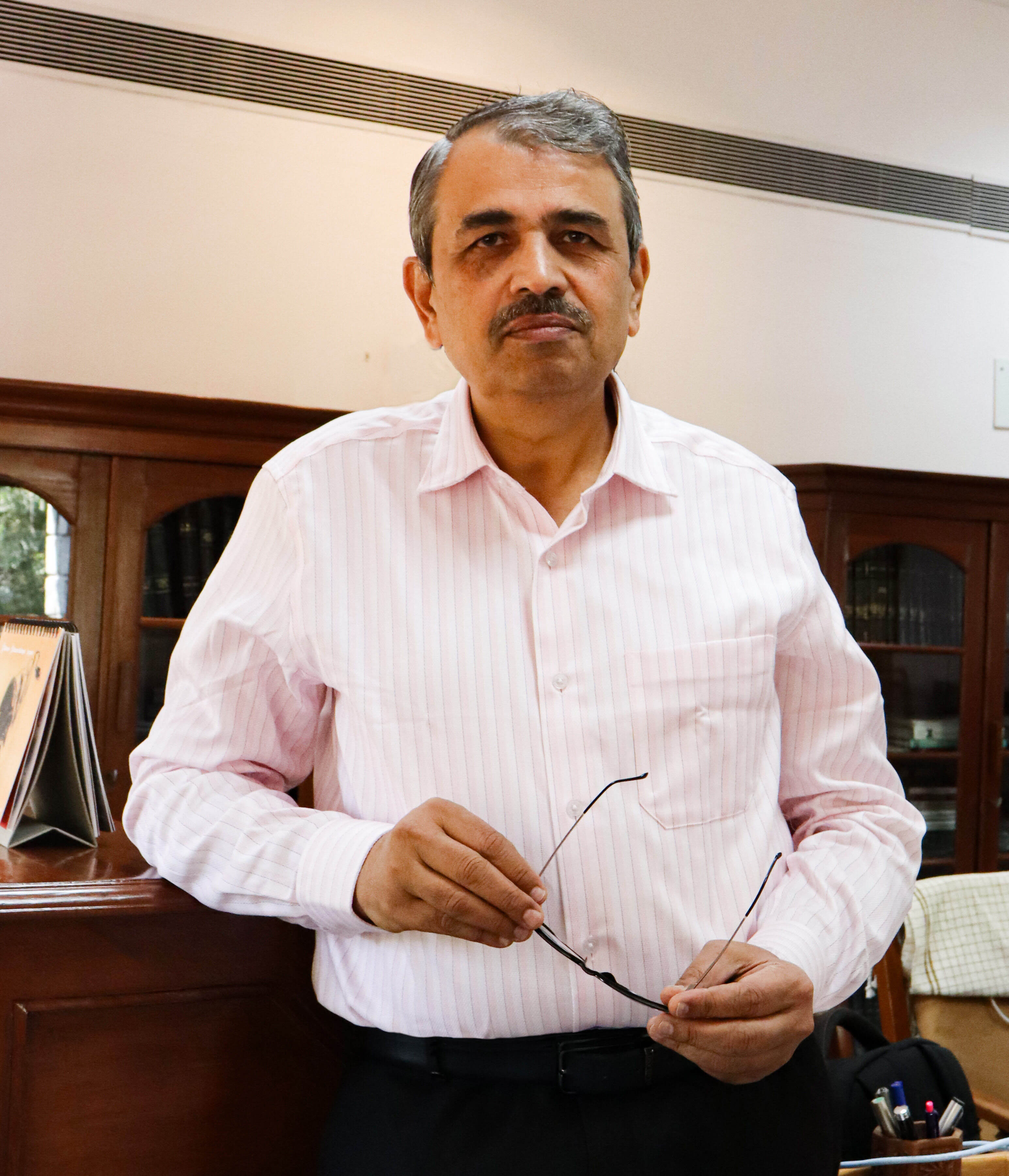
Prof. LS Shashidhara, a leading scientist in Genetics, Molecular Biology, and Evolutionary Biology, has significantly contributed to cancer research and scientific education in India. As a founding academic member of IISER Pune and Ashoka University, he played a significant role in their growth.
Prof. Shashidhara did his undergraduate and post-graduate studies in Genetics and Plant Breeding at the University of Agricultural Sciences, Dharwad, India. He then pursued his Ph.D. at the University of Cambridge, UK, focusing his research on the regulation of chlorophyll biosynthesis. After completing his doctoral degree, he continued his academic pursuits at the University of Cambridge as a postdoctoral researcher, where he began his seminal work on the function of Hox proteins in appendage development in Drosophila, which has been a central focus of his research ever since.
His research group has made significant strides in elucidating the mechanisms underlying organogenesis and growth regulation during embryonic development. Furthermore, the group has conducted extensive investigations into the status of these regulatory pathways in epithelial cancers affecting humans.
Prof. Shashidhara's research group has used the fruit fly Drosophila melanogaster as a model system to discover gene regulatory mechanisms by which cells, tissues, and organs are positioned in their respective places in our body, how organ size and shape are specified, and the diversification of wing number and size across major insect species such as Apis, Bombyx, Tribolium, and Drosophila. They have also extended their research to examine the status of these evolutionarily conserved mechanisms in various epithelial cancers and to use Drosophila in drug discovery programs.
Prof. Shashidhara has been instrumental in establishing both the Indian Cancer Genome Atlas and the Pune Knowledge Cluster, which serve as platforms for collaborative cancer research and multi-disciplinary efforts aimed at addressing health, water, environmental, and sustainable mobility issues.
Prof. Shashidhara has served as Vice-President of the Indian National Science Academy and Secretary-General of the International Union of Biological Sciences. He is currently the President of IUBS, the first Indian to be elected in its 100 years of history. He has been awarded the prestigious Shanti Swarup Bhatnagar Prize for Science and Technology, and the JC Bose National Fellowship and has been elected as an EMBO member.
In addition to his significant contributions to research, Prof. Shashidhara has also been involved in promoting science education. He has worked with the Ministry of Education on training high school and undergraduate teachers in adopting inquiry-based teaching methods, organized several career workshops for scientists in science journalism, science policy, climate education, administration, and management, and served on the Board of IndiaBioscience, reflecting his commitment to the life science research community in India. He is currently steering an international project on Climate Change Education.
His work in translational cancer research is particularly notable. Within three years of shifting to clinical breast cancer research from Drosophila biology, he helped establish a productive Translational Cancer Research Centre. He set up a biorepository of the highest quality. His work has initiated a major translational program to understand India-specific studies on Triple Negative Breast Cancer (TNBC), which occurs at a higher prevalence and with a much poorer prognosis than in the Caucasian population. He has identified India-specific diagnostic and prognostic markers of TNBC. He has shown that Indian TNBC cohorts with higher scores for tumor-infiltrating lymphocytes show a better response to therapy.
During the COVID-19 pandemic, Prof. Shashidhara has been actively working to mitigate its impact in Pune city and across India, including epidemiological data collection and analysis, serosurveys, indigenization of reagents for RT-PCR kits, genome surveillance, and longitudinal studies on the immune response to vaccination.
His leadership in building institutions and communities, promoting science education, and contributing to combatting the pandemic's effects have significantly impacted Indian science and society.
Read more: http://sites.iiserpune.ac.in/~ls.shashidhara/


